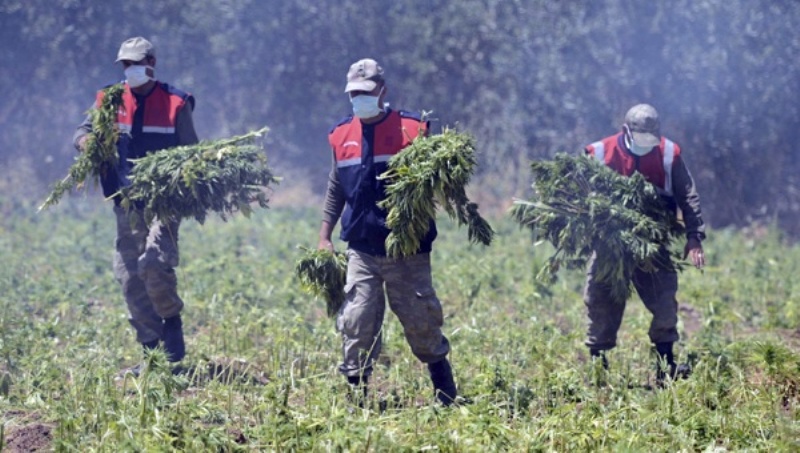
The attorney general of Paraguay made plenty of headlines last week by boldly declaring that huge swaths of the country’s indigenous population are being used as “drug slaves.”
Paraguayan Attorney General Christian Roig said that the country’s indigenous population of about 108,000 people receives little help from the government and drug-trafficking rings on the eastern side of Paraguay have hired them to grow and smuggle marijuana.
Much of this activity takes place in the province of Canindeyu, which is already home to about 6,000 hectares of marijuana plantation, because it can then easily be brought over to Brazil or Argentina and sold at a high profit.
“With very little money, they are forced to cultivate marijuana because they lack institutional support from the state. The local criminal organizations take advantage of this,” said Roig to EFE. “The institutions of the state are very weak and … police are pressured by immoral politicians that abuse their power.”
Paraguay is the main producer of pot in South America and one of the largest suppliers in the world after Mexico. An August 2012 report from the Brazilian Federal Police noted that Paraguay supplied 80% of all the pot consumed in Brazil.
However, drug traffickers working with the indigenous population in Paraguay is a marked turn of events because they were killing them just a few years ago. It was reported in November 2011 that four Indigenous people in the Amambay province were murdered for witnessing airplanes used to smuggle drugs landing in the area.
The exploitation and low wages given to this population also has a great deal to do with the rising tension, but the problem is rampant throughout South America. Cocaine is sold for about $8,000 per kilo in Colombia, but the indigenous growers who make the cocaine paste are paid just $14 per batch. Meanwhile, a picker in the Ecuadorian Amazon is paid just $1.50 for a kilo of cocaine leaves.
